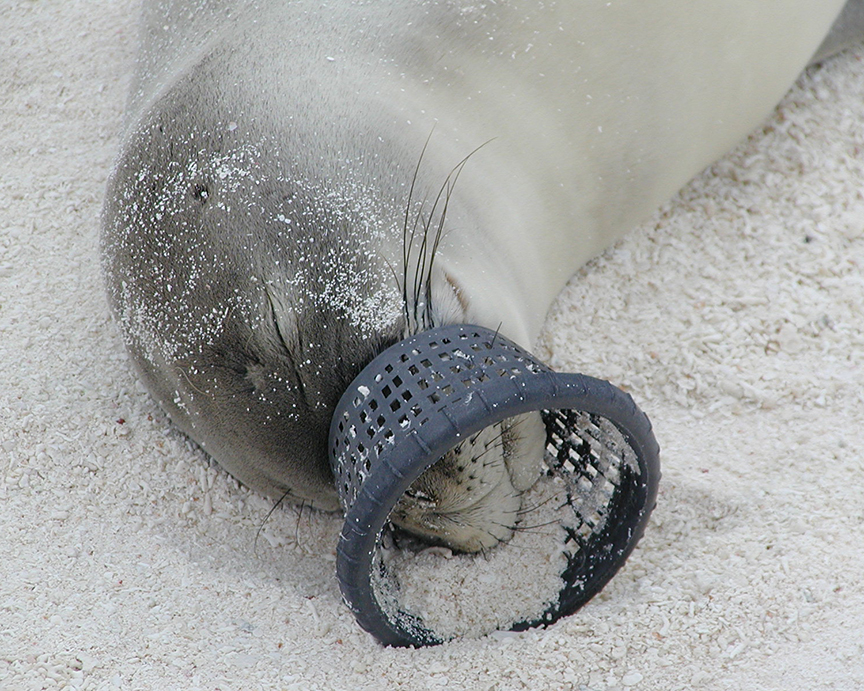
The juvenile, foot-long southern black racer, a non-venomous snake that hitchhiked in the backpack of a visitor from the Mainland to Maui. This species of snake, found mainly in Florida, can grow up to six feet, and its diet consists of frogs, lizards, snakes, rodents, and birds and their eggs. Photo courtesy of DLNR
A small juvenile snake was captured after it was seen slithering out of a newly arrived visitor’s backpack Monday night at a Maui vacation rental in Pukalani, according to a news release by the state Department of Land and Natural Resources.
The owner of the rental informed the visitor and others staying in the rental that snakes are illegal in Hawai‘i and they reported it to Maui police. Police contacted Dr. Fern Duvall, program manager of the Native Ecosystem Protection Management — Maui Nui program of DLNR who responded with police and helped to detain the snake overnight. The snake was delivered to the Hawai‘i Department of Agriculture early Tuesday morning and was safeguarded on Maui to be transported to Honolulu later.
Duvall, in consultation with an expert on the Mainland, have determined that the snake is a non-venomous southern black racer (Coluber constrictor priapus). The brown-colored snake appears to be a newborn measuring about a foot long and 1/4 inch in diameter. They are mainly found in Florida and the eastern half of the U.S. and may grow up to six feet in length. Their diet consists of mainly frogs, lizards, snakes, rodents, birds and their eggs.
HDOA Plant Quarantine inspectors interviewed the visitor and the property owner Tuesday morning and it appears the snake was a stowaway and not purposely transported to Hawai‘i. The visitor, a 20-year-old male from Virginia, had just arrived Monday night from Florida and had put down his backpack on the floor in the rental when the snake slithered out.
“It is fortunate that the owner of the rental was aware of the seriousness of the snake being transported to Hawai‘i and took appropriate action and reported it,” said Phyllis Shimabukuro-Geiser, chairperson of the Hawai‘i Board of Agriculture. “Visitors to our islands may not fully understand the threat that snakes pose to our community and our unique environment. It takes all of us to protect Hawai‘i.”
“Be informed about the very special place you live that is Hawai‘i,” Duvall said. “We should pay attention to what plants and animals we see – report things you feel are new to you as prevention is so much more important than having to react to established foreign pests out of control.”
Snakes have no natural predators in Hawai‘i and pose a serious threat to Hawai‘i’s environment. Many species also prey on birds and their eggs, increasing the threat to endangered native birds. Venomous and large snakes are also a danger to humans, pets and other animals.
Individuals who see or know of illegal animals in Hawai‘i are encouraged to contact the State’s toll-free PEST HOTLINE at 643-PEST (7378) or turn them in under the State’s Amnesty Program. The maximum penalty under State law for possession and/or knowingly transporting illegal animals is a class C felony, $200,000 fine and up to three years in prison.
Discover more from ForKauaiOnline
Subscribe to get the latest posts sent to your email.





Leave a Reply